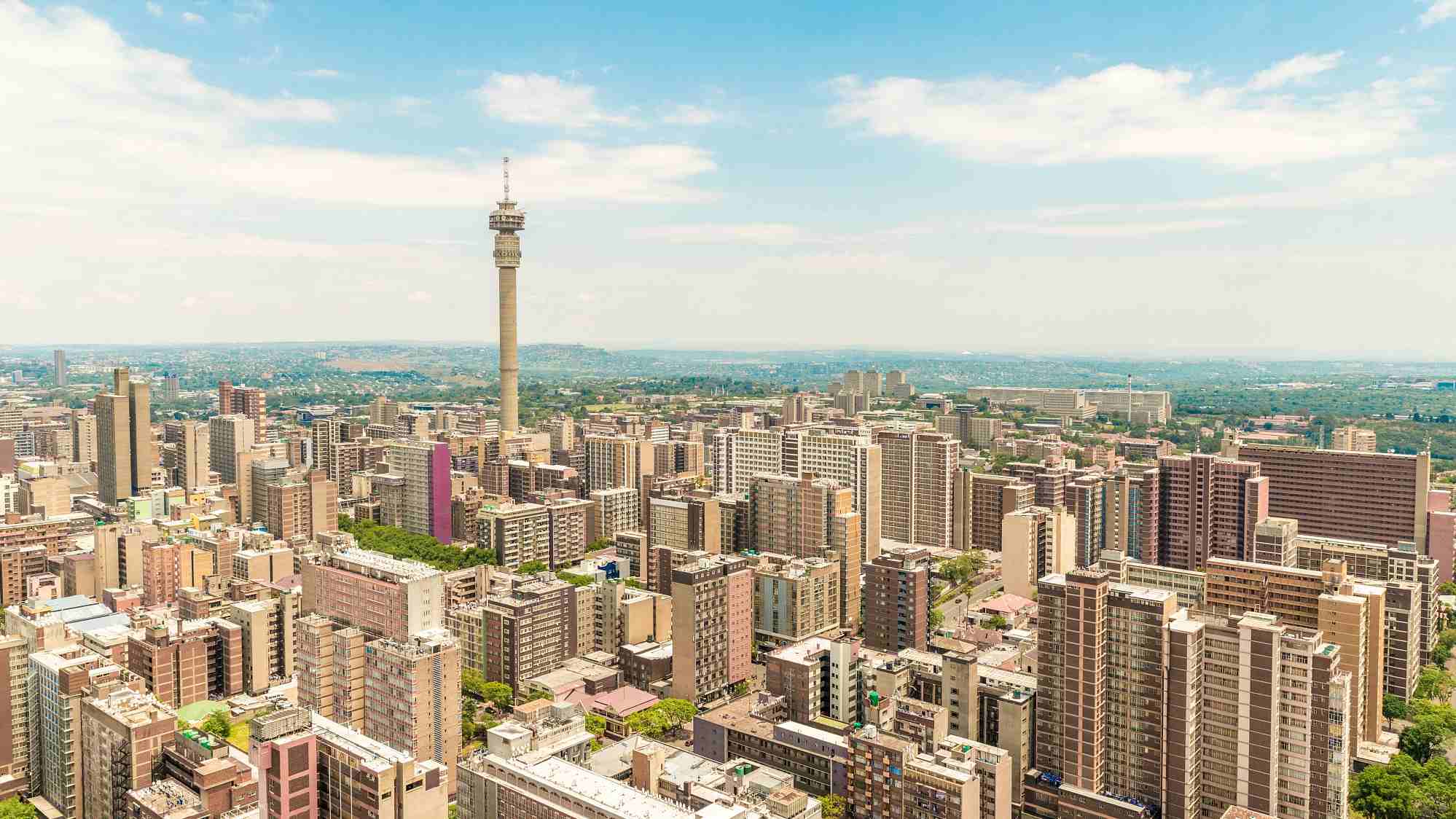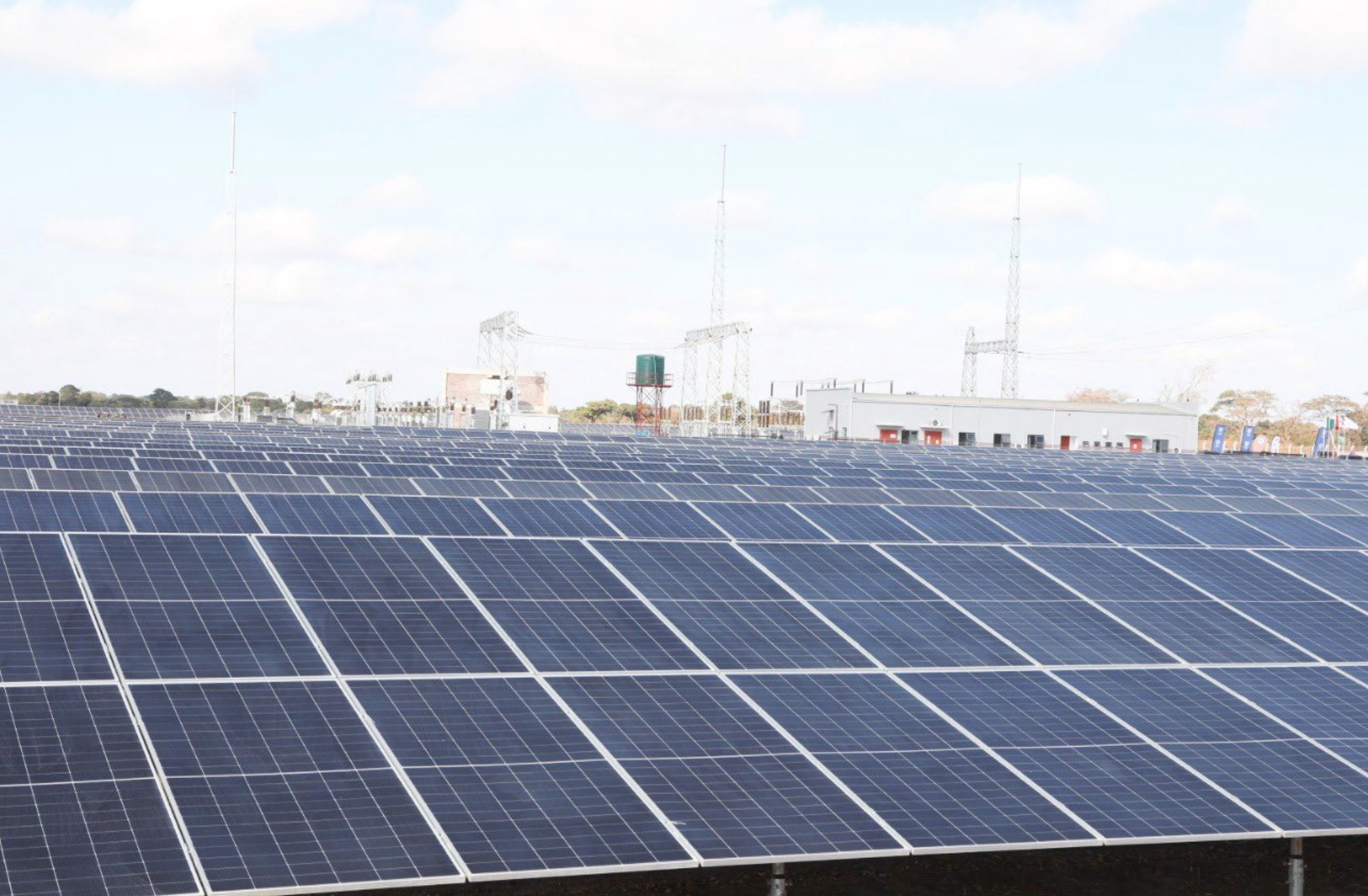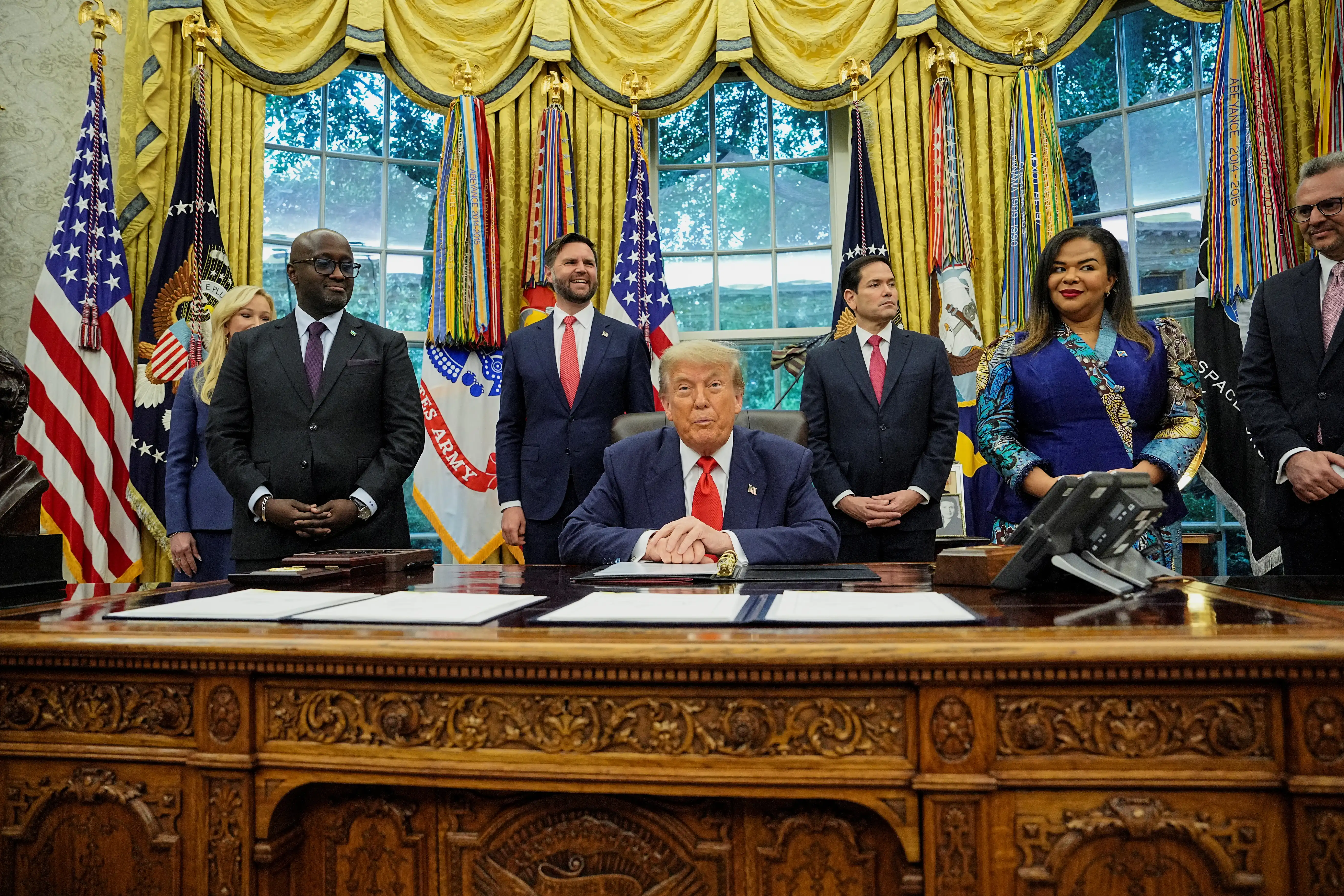
Concerns mount over voter education ahead of South Africa’s election
With South Africa’s 2024 general elections drawing closer, there are growing concerns that the Independent Electoral Commission (IEC) has not done enough to prioritise voter education across the country.
For the first time ever, voters will see three ballot papers rather than the two they are used to following changes to the Electoral Amendment Act, which was signed into law in April 2023.
The new act allows independent candidates to contest provincial and national elections.
The changes to the voting system are raising concerns among analysts, who say the new ballot papers could cause confusion for the over 27 million registered voters, especially the first-time voters.
Over 700,000 new voters have been registered, with 81 percent of them under 30 years old.
Political analyst and author Tessa Dooms says the new ballot will be complex for all voters.
“The third ballot will be a regional-to-national ballot. This is complex because here regional actually means provincial, and it will elect both individuals and parties into a portion of national Member of Parliament (MP) seats,” she said.
“The new ballot will also have both political parties (and the lists they have) and independent candidates on the same list.”
Dooms says the complex changes have not been adequately communicated to the general public, which could lead to confusion when voters mark the ballots.
She added, “I believe that the IEC has not done enough to educate people about the upcoming election; outside of the local programmes run by NGOs, we have not seen enough voter education on the ground.”
“There are voter education posts on social media, but the IEC is assuming that everyone has access to the internet when this is not actually the case.”
So how will the new ballot paper be set up?
According to the Independent Electoral Commission (IEC), voters will receive:
- A national ballot for the election of the compensatory 200 members of the National Assembly which is only contested by political parties on a closed-list basis. This ballot is the same for the whole country.
- A regional ballot for the regional elections of the 200 members of the National Assembly. This ballot will vary from region to region, depending on which parties and independent candidates contest the relevant regional election. Only the names of political parties and independent candidates that have met the requirements to contest each regional election will appear on this ballot.
- A provincial ballot for electing the members of the provincial legislature in each province. It contains the names of the political parties and independent candidates that have met the requirements to contest each provincial election and will vary from province to province.

Dooms further adds that the country’s electoral body has not done enough to inform citizens that they can only vote at their registered voting stations.
In past national and provincial elections, a voter could arrive at a different voting station from the one at which they were registered to vote, but the law has changed, and a voter needs to notify the IEC in advance of their intention to vote at a different voting station.
“This is going to cause a lot of confusion, she said. Most people will go to any voting station, as they have done in the past, and then will be turned away when they get to the front of the line. Most people won’t even want to vote after that, and this will definitely affect the results.”
The deadline for eligible South Africans to notify the IEC that they will not be in the area of their voting station on election day is May 17.
Will young South Africans head to the polls?
Although there has been a significant increase in first-time registered voters over the years, the youth lag in actual voting.
A study in 2020 by Collette Schulz-Herzenberg titled “The South African Non-Voter: An Analysis” found that only 19 percent of all eligible 18-19-year-olds actually registered and only 15 percent of all eligible 18-19-year-olds cast a vote.
Only 30 percent of all eligible 20-29-year-olds voted. In the age category between 30-39, only 43 percent of eligible voters cast a ballot.
The current statistics for the upcoming election do not paint a pretty picture either.
A recent study by the Johannesburg-based Ichikowitz Family Foundation showed that just under half of South Africa’s young voters (18–24 years old) said they were likely to vote in the election this month, while 16 percent said they wouldn’t. Another 35 percent have not yet decided.
Dooms says most young people do not understand the power of their vote.
“The youth vote is very important. This year, 11 million people under the age of 40 registered to vote, and although this is a decrease from the previous election period, it is significant because in the last election, the winning party won by 10 million votes, so if all 11 million young people show up to vote in this election, then this could potentially change the outcome of the election,” Dooms said.
South African voters will head to the polls on May 29 to cast their ballots.






